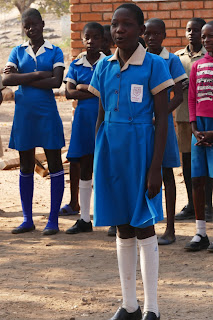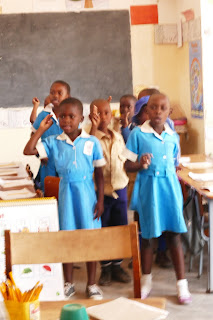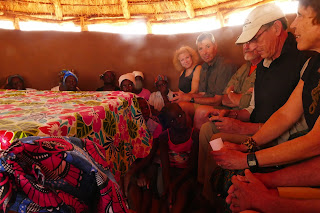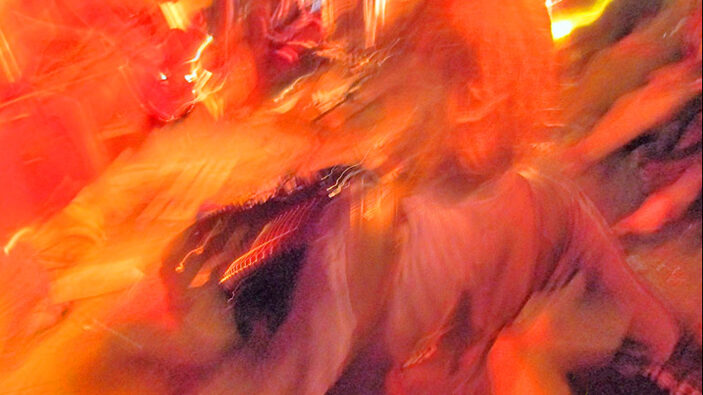More about my travels to South Africa, this blog centered in Zimbabwe (formerly Rhodesia). After a total fill of the wildlife as I have written before, we enjoyed many hours of “face time” interacting with the people, to get to know them, learn first hand about their lives and to visit and observe life in the towns and villages.
OAT, (Overseas Adventure Travel) is noted, among other activities for offering a Day in the Life, a chance to visit people in their spaces. At the school we were greeted by the total student body singing and dancing for our entertainment and admiration. We met with the principal and several teachers to hear about their full curriculum, full classrooms and how they meet the challenges before them.
We then visited various classroom where each of us met small groups of students for discussion and dialogue. How very ambitious the children are, most hoping to attend university and enjoy a career that a few years ago would not be within their reach, especially for women. most often in the sciences, medicine or social services.
 |
| A drum circle in another community |
 |
| The whole school sang and danced upon our arrival |
 |
| More song |
 |
| children sing for us |
It is common for village children to attend schools that are distant, demanding long and grueling walks to and from school for children of all ages. We see them walking as we drive by carrying heavy backpacks in all kinds of weather. After school, they must return home and attend to their chores in the village.
Briefings were offered about life in a village describing the typical physical layout of the buildings and farmland, the political structure including the chief, his assistant and the roles of the men, the women and the children as they carry out their daily routines. They all face the hardships, the terrible effects of the severe drought throughout much of the South.
In Hwange village, we joined the villagers in the community common area–the BOMA, a round peaked roofed building where meetings, rituals and community events are held. Each villager starting with the chief, the assistant to the chief and then the woman and children spoke to us of their lives and wants and needs. We in turn shared our lives with them. Most of the men were out tending to their chores, the boys left to play soccer or tend to the goats.
 |
| The boma |
 |
| Inside the Boma |
 |
| demo grinding the polenta. We were next |
 |
| Want to give him a hug |
 |
| Some of the boys |
 |
| He stayed at my side, clinging to me |
Finally we walked around the village to see the animals, the chicken coop, the homes (children’s, parents and grandparents) and the silo. Sadly the silo was empty, sad as this is harvest time. They are plagued by drought, killing the plants they depend upon. Our group had raised enough funds to purchase and deliver staples to the community, including the precious polenta, flour, sugar, laundry
detergent, personal care items and more. It felt good to be able to help in this real and hands on manner.
 |
| our gifts to the community |
As photos tell more, I share images of the school children and the villagers we met in the boma. I can’t help but wondering what, especially the children, make of our visit, our gestures and our show of warmth toward them all.

